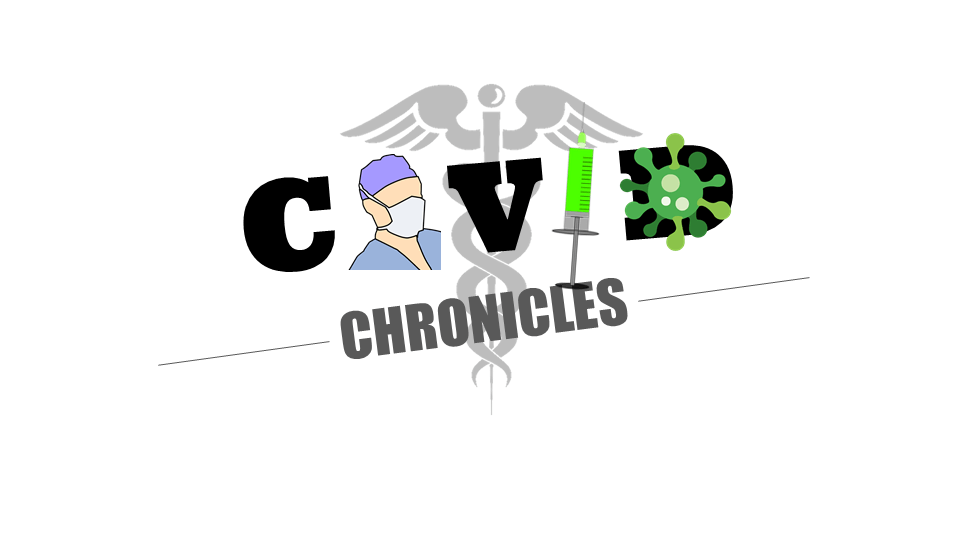The COVID-19 pandemic and its associated lockdown precipitated wide-ranging effects on nearly all aspects of our society. In the health care field, patients with comorbidities found themselves particularly affected by the pandemic’s restrictions. Patients were forced to delay elective treatments, modify their medical plans and take extra precautions due to pre-existing conditions.
Perhaps some of the most severely affected patients were those fighting cancer. These patients have little physiologic resistance to COVID-19 and accordingly experience higher morbidity and mortality when infected. Moreover, advanced age and metabolic diseases frequently associated with cancer, including diabetes and obesity, are additional comorbidities which compound infection risk.
Finally, chemotherapy treatments deplete a patient’s immune system, reducing their natural capacity to fight infection. Many studies have shown significantly worse outcomes for COVID-19 patients who also had cancer, with solid organ cancers doubling and blood cancers quadrupling the risk of death from COVID-19 infection.
Even oncology patients who successfully avoid COVID-19 infection exhibited poorer outcomes since the onset of the pandemic. Specifically, there was already a drastic increase in oncology patients’ mortality from cancer itself, and one model estimated an additional 7,165 to 17,910 cancer-specific deaths over the next year.
While the cause of this phenomenon is likely multifactorial, much can be attributed to altered or delayed treatment regimens resulting from plans to reduce hospital traffic or reducing risk of COVID transmission. Elective treatments, particularly in fields like surgical and radiation oncology, were cancelled or postponed to shift resources toward caring for COVID-19 patients.
Additionally, there was an overall decrease in new cancer diagnoses as the public attended fewer regular checkups and screening visits for fear of COVID exposure. In fact, routine screenings for breast, cervix and colon cancers decreased by 90% in 2020, an unfortunate trend which could lead to later-stage diagnoses. With a reduction in identification of dysplasias or early-stage cancers, we will almost certainly see an increased rate of advanced cancers, which warrant more advanced and invasive treatments, in the near future. Subsequently, patients can expect higher costs and poorer outcomes.
While we slowly adapt to life with the virus, we will likely see long-term negative effects of the pandemic far into the future. With the rapid redirection of grant money, staffing, supplies and scientific resources towards COVID-19 treatment and vaccine research, cancer research has slowed down.
Both basic science research and clinical trials were interrupted to minimize interpersonal contact; in fact, around 80% of non-COVID-related trials were interrupted or stopped. Fortunately, patients already enrolled were largely able to continue within their trials. As clinical trials evaluate novel treatments’ safety and efficacy, cutting-edge treatment options may become scarce in the near future; the long-term effects germane to oncology could be immense.
Although the COVID-19 pandemic and lockdown negatively impacted oncology care, there were also signs of progress during the past two years. In the rapidly evolving field of telemedicine, for instance, the pandemic incentivized bureaucratic reforms to reduce cost and improve convenience for patients. Hurdles remain, however, as chemotherapy or radiation certainly cannot be delivered remotely.
Nonetheless, providers now perform initial consultations for treatment planning, conduct radiotherapy on-treatment visits for acute side effect management and oversee treatment-related follow-ups, all via telehealth. There have been countless advances in telehealth technologies, even permitting some aspects of physical exams to be conducted virtually, which will continue to develop and facilitate this trend.
Furthermore, although the pandemic diverted attention away from cancer research, there were noteworthy breakthroughs in medical research more broadly, including the expedited design and administration of trials for COVID-19 tests, vaccines and treatments. Some of the lessons learned from this challenging experience will provide the momentum and knowledge to expedite research processes for other afflictions, including cancer, in the future.
Additionally, the outsize effects of the pandemic on marginalized communities brought attention to issues like disproportionate access to screening, treatment and clinical trials. These issues affect patients with cancer as well. Hopefully, the media’s attention on health disparities during the pandemic will lead to increased interest in public health, improved delivery of services to marginalized communities and enhanced health equity.
Generally, the pandemic yielded worrisome short and long-term harms to the oncology field and its patients. We should expect to see increased cancer-related morbidity in the coming months and years, along with a larger slowdown in our progress towards better controlling cancer in the long run. Nonetheless, there are some promising changes emerging in medicine, several of which are germane to oncology. These could improve the patient experience and allow oncologists to better help their patients as they fight one of the toughest battles of their lives.
The COVID-19 pandemic posed a tremendous challenge to our community – certainly from a health perspective, but also in nearly every other aspect of daily lives. Our daily routines were upended – from the way we work, play, learn, socialize and travel. Numerous times, the unimaginable happened, and it is safe to say we will never see the world in the same way again. As future physicians, it is important that we recognize the challenges faced by the health care space during the pandemic, and perhaps more importantly, the everlasting transformations that our future medical students, physicians and patients will encounter. This column explores the countless obstacles we overcame and their everlasting effects, along with emerging trends that we will see in health care for the years to come.

